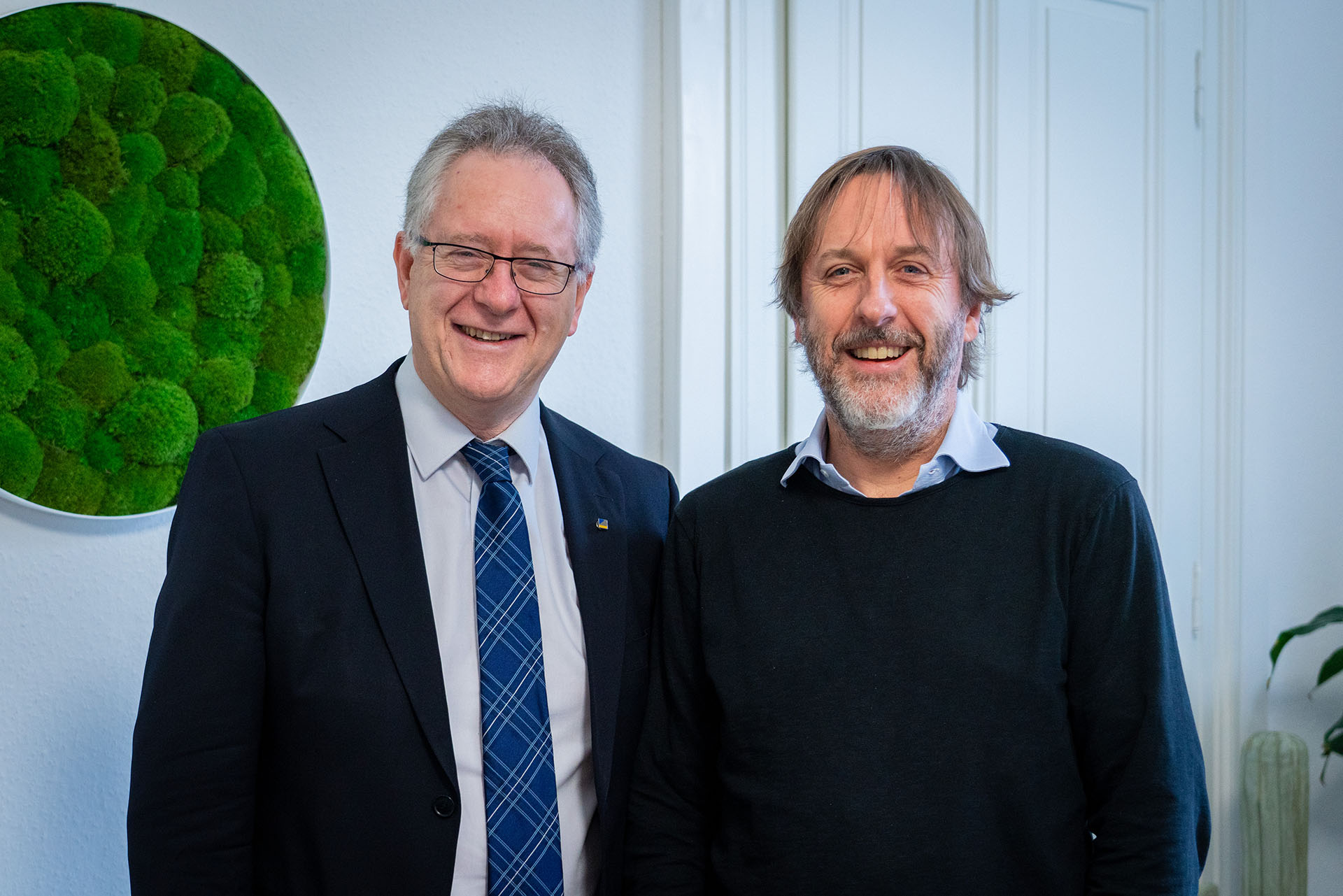

Press Release
26 Jul 2024
New Mathematical Framework to Understand Dynamics of Natural Systems
Researchers at the new Max Planck Institute for Neurobiology of Behavior - caesar have been able to show for the first time that individual migrating cells are able both to develop a robust memory for the direction of migration and to react to short-term input changes in their environment at the same time.





